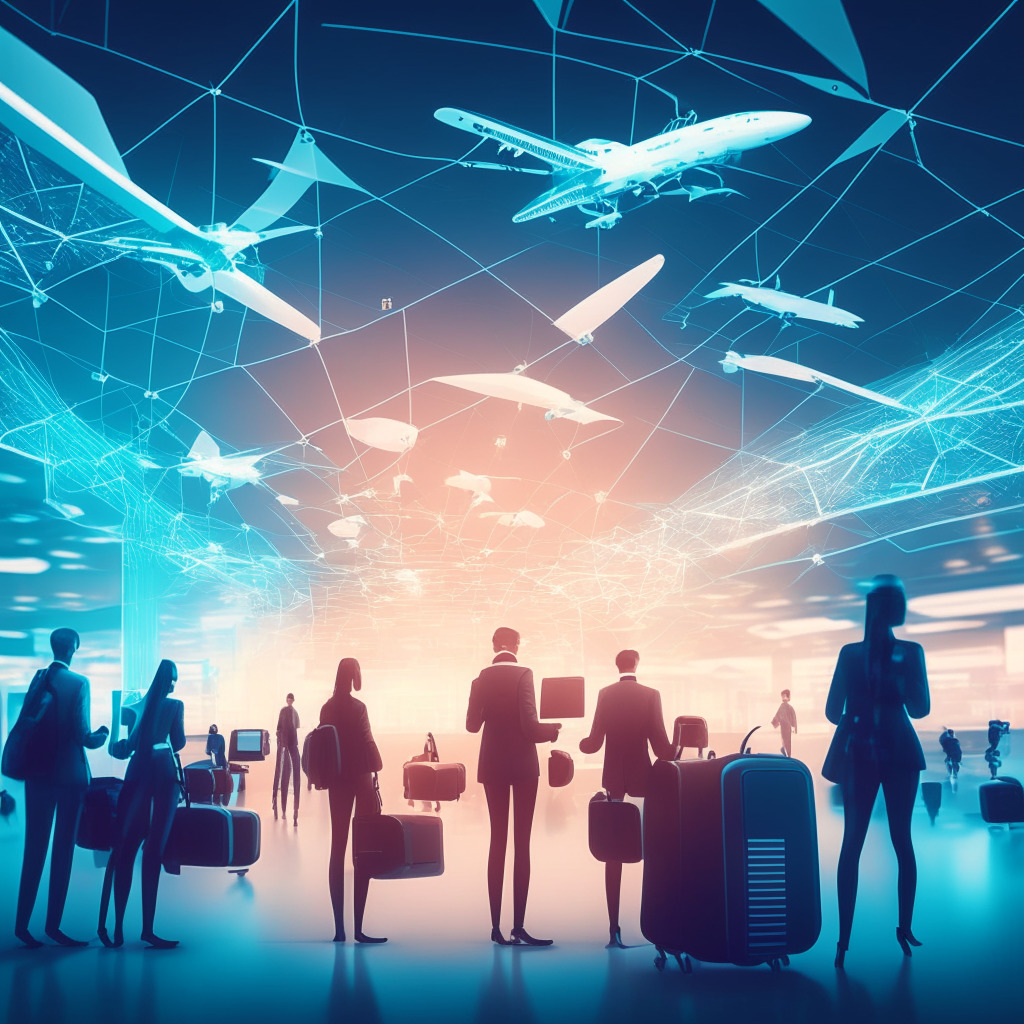The recent introduction of the travel-centric blockchain Camino Network has piqued the interest of established travel companies seeking to embrace a web future. Executives from airlines Lufthansa and Eurowings, both Europe-based and early adopters of Camino, shared insights into how Web3 integrations are propelling the industry towards the next generation. Johannes Walter, Head of Channel Partners at Lufthansa Group Hub Airlines, believes that decentralization and tokenization can offer new opportunities for business models and relationships, with benefits spanning from enhancing transparency to improving customer experience.
Data from a 2021 Statista report highlighted the global travel and tourism industry’s GDP contribution, which amounted to approximately $5.8 billion in 2021. Jens Bischof, CEO and Chief Customer Officer of Eurowings, emphasized the industry’s enormity while also emphasizing the vast amount of sensitive data it handles daily. He sees Web3 as a means for Eurowings to address these concerns in a cost-efficient and secure manner. The company is also exploring blockchain’s potential applications for customer loyalty programs.
The travel sector has seen several businesses adopt blockchain-based solutions even before the launch of Camino. For instance, Air Canada and Etihad Airways both implemented the Winding Tree blockchain for product distribution, eliminating the need for third-party involvement. However, Bischof noted that one obstacle preventing widespread adoption is the absence of clear regulation. With major global players embracing Web3 technology and European institutions spearheading cryptocurrency regulation like MiCA, the industry can foresee a promising future.
European lawmakers have recently endorsed the EU’s cutting-edge cryptocurrency rules, known as MiCA. Additionally, local legislators are considering another set of laws termed the AI Act, which seeks to regulate artificial intelligence’s growth and implementation.
Potential use cases for incorporating Web3 technologies in the travel industry are emerging. Utilizing the metaverse to inspire travelers before embarking on their trips through tailored virtual experiences is one example. Non-fungible tokens (NFTs) have also been discussed for designing NFTickets, which might assist airlines in increasing revenue through secondary market resales. As the travel sector continues to transition into the digital age, companies like Lufthansa and Eurowings are positioning themselves to benefit from the blockchain revolution that’s reshaping the industry.
Source: Cointelegraph




